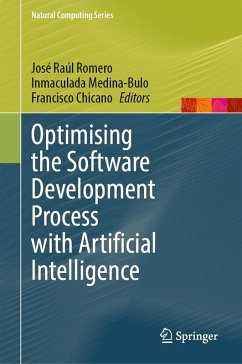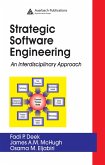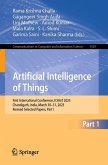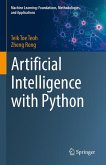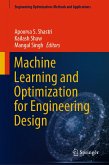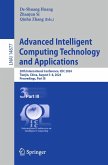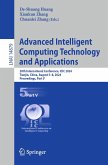Following the introductory chapter, Chapters 2-9 respectively apply AI techniques to the classic phases of the software development process: project management, requirement engineering, analysis and design, coding, cloud deployment, unit and system testing, and maintenance. Subsequently, Chapters 10 and 11 provide foundational tutorials on the AI techniques used in the preceding chapters: metaheuristics and machine learning. Given its scope and focus, the book represents a valuable resource for researchers, practitioners and students with a basic grasp of software engineering.
Dieser Download kann aus rechtlichen Gründen nur mit Rechnungsadresse in A, B, BG, CY, CZ, D, DK, EW, E, FIN, F, GR, HR, H, IRL, I, LT, L, LR, M, NL, PL, P, R, S, SLO, SK ausgeliefert werden.

